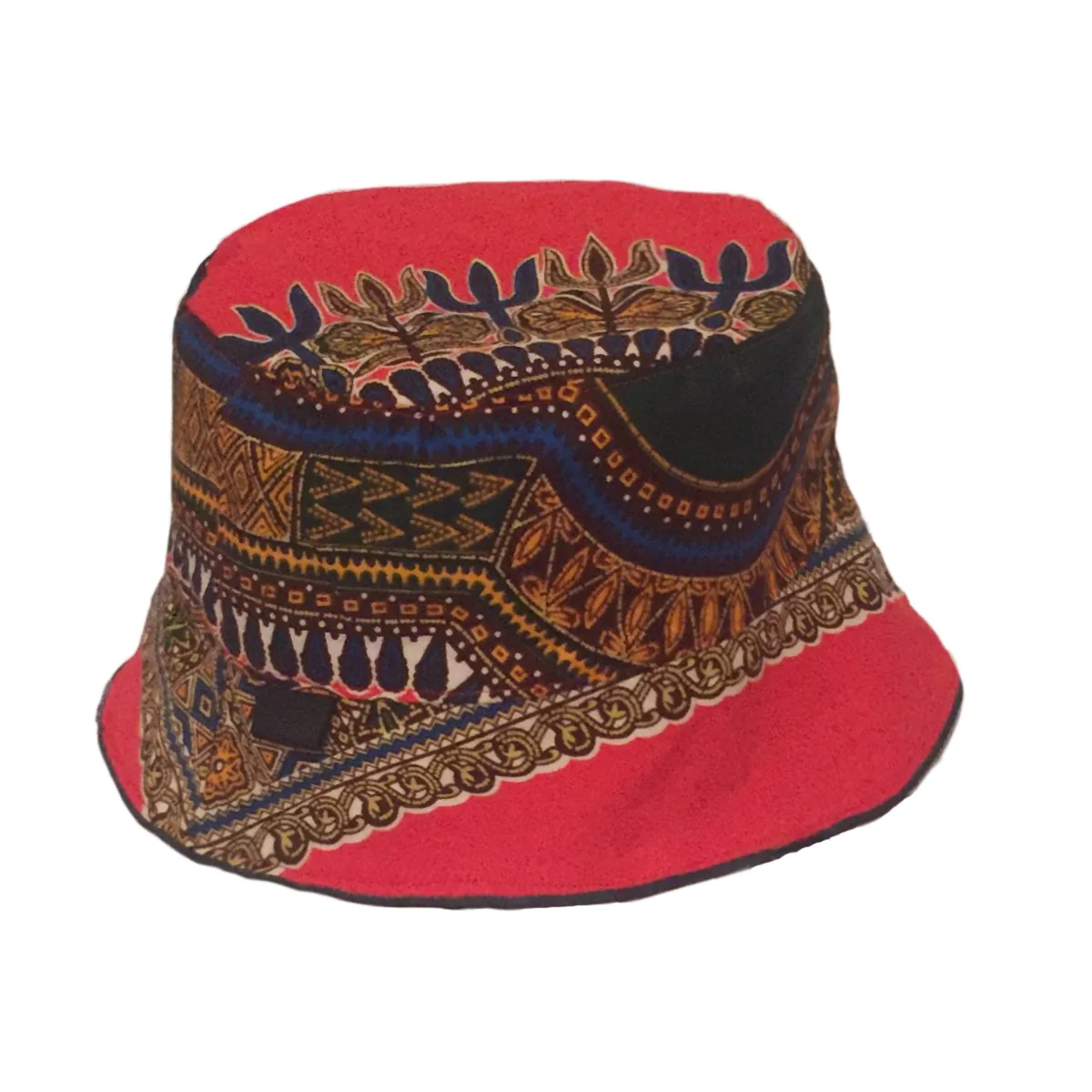Fashion is a powerful medium for individuals to express their identity, culture, and creativity. Among the vast array of traditional garments, the dashiki cloth is a vibrant and captivating symbol of African heritage. With its rich history, bold patterns, and versatile nature, the Dashiki has transcended borders to become a beloved fashion statement worldwide. In this blog post, we delve into the captivating world of the dashiki cloth, exploring its origins, cultural significance, and enduring influence in modern fashion.
Origins and History
The Dashiki, a distinctive garment, has a fascinating history in West Africa. Derived from the Yoruba term "danshiki," meaning a short, sleeveless tunic worn by men, the Dashiki was traditionally a work garment in the Yoruba culture. The Yoruba people borrowed the word from the Hausa language, where "dan ciki" referred to a short tunic worn underneath larger robes.
Interestingly, similar tunics with features resembling the Dashiki have been discovered in Dogon burial caves in Mali, dating as far back as the 12th and 13th centuries. These historical findings highlight this clothing style's longstanding existence in the region. Initially, the Yoruba danshiki was a work garment made from hand-woven strip cloth. It featured deep-cut armholes with pockets below and four gussets, creating a flare at the hem. Today, tunics identical to the Yoruba danshiki are worn in many parts of Africa as street clothes, often paired with matching trousers.
Cultural Significance
The Dashiki holds immense cultural significance for African Americans and Africans in the diaspora, symbolizing their connection to African heritage. Its vibrant colors, loose-fitting style, and bold designs represent freedom, with African Americans embracing the Dashiki to express their identity.
As early as the 1970s, African Americans started wearing the Dashiki as a deliberate departure from mainstream fashion and rejecting racism, white supremacy, and Western cultural norms. During that time, the Dashiki was not merely a fashion statement but a powerful political statement demonstrating black resistance against systemic oppression.
Distinctive Features and Designs
One of the most striking aspects of the Dashiki is its vibrant and eye-catching design. Traditionally, the cloth is made from 100% cotton, offering comfort and breathability in warmer climates. The fabric is adorned with intricate patterns and motifs, featuring geometric shapes, symbols, and bold color combinations. Popular colors include red, blue, yellow, green, and orange shades, but there are many more.
Modern Influence and Global Marketplace Appeal
The Dashiki has gained widespread popularity in the global fashion market, experiencing increased sales and recognition. Its appeal lies in vibrant colors, bold patterns, and a unique style, making it a sought-after garment for fashion-forward individuals. Online marketplaces have been pivotal in promoting and selling dashikis globally, providing accessibility and connecting with diverse customers. Major fashion retailers and brands have embraced the Dashiki, incorporating it into collections and collaborations, expanding its visibility and appeal.
Beyond Clothing: The Dashiki Influence
The Dashiki's influence extends beyond clothing, significantly impacting accessories, bags, hats, and jewelry. As the vibrant African-inspired garment gains popularity, retailers have embraced its unique patterns and colors in various accessory offerings. Accessories play a crucial role in expressing individual style and enhancing fashion ensembles.
The dashiki cloth is a testament to the power of fashion as a means of cultural expression and identity. With its vibrant colors, intricate patterns, and rich historical significance, the Dashiki weaves a story that transcends time and borders. From its origins as a work garment in West Africa to its emergence as a symbol of resistance and pride in the American fashion scene, the Dashiki has left an indelible mark on the fashion world. Its versatility and enduring appeal continue to captivate fashion enthusiasts, reminding us of the beauty and significance of embracing our cultural heritage. By unraveling the story of the dashiki cloth, we unravel a larger narrative of creativity, resilience, and the universal language of fashion.
Dashiki, the fabric of our roots, wears the tales of ancestors with grace, turning each thread into a bridge that connects the past to the present. - La Djalobienne Eton
References:
https://www.okayafrica.com/dashiki-history-african-garment/
https://nkitidesigns.com/blogs/stories/history-of-the-african-dashiki-clothing
























